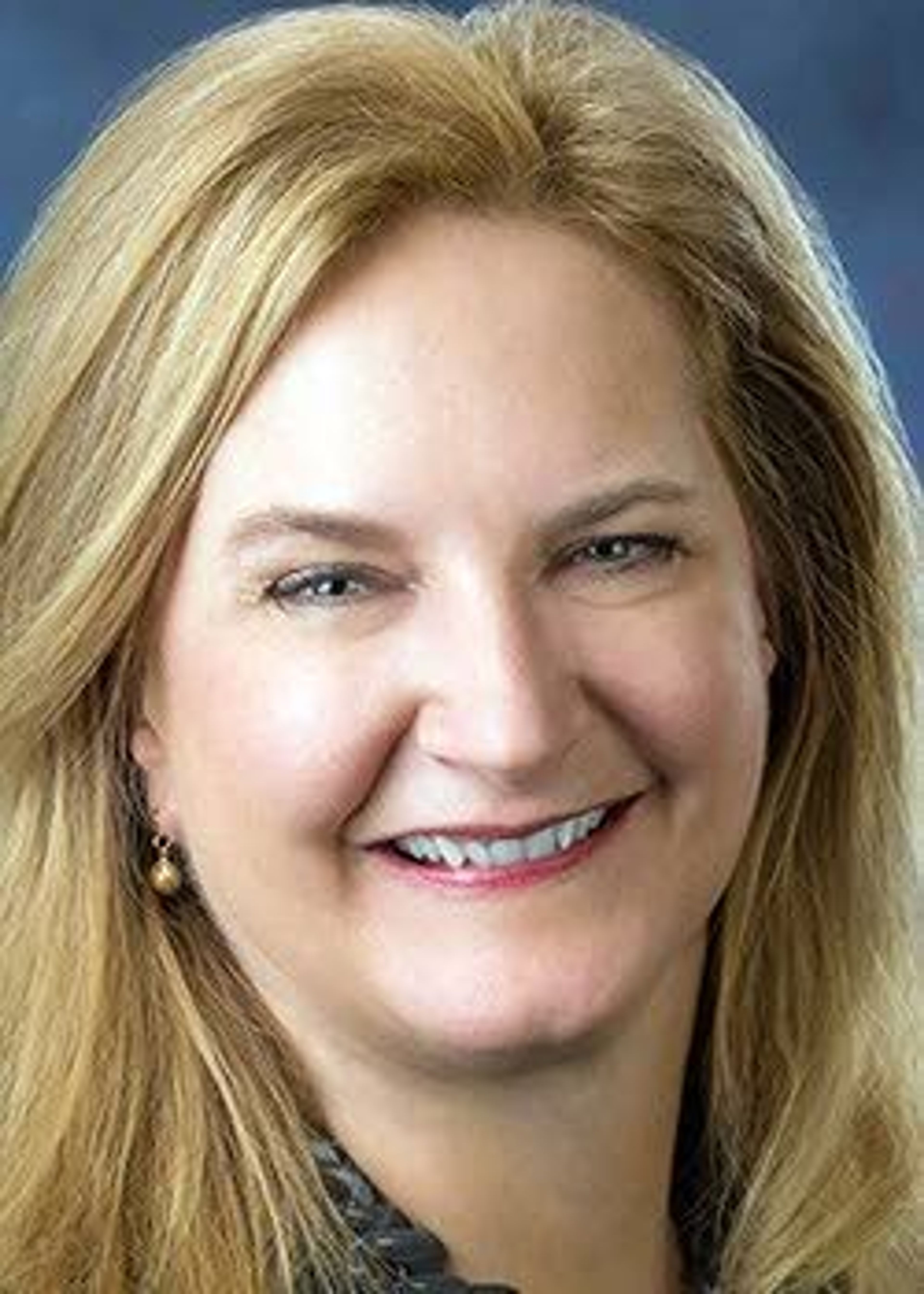Regionally sponsored bills proceed to Senate
Measures addressing ballot drop boxes, opioid settlement funds, off-highway vehicles and WWAMI contracts pass the Idaho House
BOISE — The Idaho House and Senate approved dozens of bills Monday, as they continue their push to adjourn the session sometime this month.
North central Idaho lawmakers sponsored several of the measures, including:
House Bill 693 — This legislation would prohibit the use of ballot drop boxes for absentee ballots.
“We know we have concerned Idahoans across the state who are worried about election integrity,” said Rep. Priscilla Giddings, R-White Bird, the bill’s sponsor. “This is one small step we can take to reassure voters about election integrity in Idaho.”
Several opponents questioned the need for the legislation, saying there’s no evidence the boxes have been used inappropriately in Idaho.
However, Rep. Heather Scott, R-Blanchard, said there’s always a potential for cheating.
“I don’t see anything (in state law) that would stop me or anyone else from designing our own box … dropping it off in an area, collecting ballots and then making the box disappear,” Scott said. “Nothing in code protects us (from) dishonest people.”
Rep. Ron Nate, R-Rexburg, said drop boxes “could be ripe to tampering or fraud, or whatever else your imagination can come up with.”
“We shouldn’t have to wait for an election to be wrecked before we fix the process,” he said. “And drop boxes are an opportunity to wreck elections.”
The bill passed on a 38-32 vote and now heads to the Senate. Reps. Caroline Troy, R-Genesee, and Lori McCann, R-Lewiston, opposed the legislation; every other legislator from north central Idaho supported it.
House Bill 688 – Rep. Caroline Troy, R-Genesee, sponsored this measure, which clarifies the use of the state opioid settlement fund.
The fund was established last year to hold monies the state receives from any opioid lawsuit settlements. The funds must be used for opioid prevention and recovery programs.
HB 688 clarifies that the money also needs to be used in accordance with the terms of any lawsuit settlements, and establishes an annual deadline for the Idaho Behavioral Health Council to submit spending recommendations to the governor and Legislature.
The measure passed the House 65-0 with five members absent, including Rep. McCann; it now goes to the Senate for further action.
House Bill 700 – This two-page bill, sponsored by Rep. Charlie Shepherd, R-Pollock, clarifies that off-highway vehicles can drive for limited distances along the shoulder of state highways that have 65 MPH speed limits.
The measure passed the House 67-2 and now goes to the Senate for further action.
In other action Monday, the House approved House Bill 718, which deals with the WWAMI and University of Utah medical education programs.
House Majority Leader Mike Moyle, R-Star, said the legislation is intended to “give an incentive” to Idaho students who received taxpayer-subsidized tuition through the programs.
The bill requires them to sign a contract with the State Board of Education, agreeing to repay the taxpayer subsidy if they fail to return to Idaho after they’re licensed and practice for at least four years.
The whole point of having a taxpayer-subsidized medical program, Moyle said, is to increase the number of doctors in the state. If students decide to practice somewhere else, it defeats the purpose.
“This is a good bill. It gives them incentives to come back to Idaho,” he said.
Idaho currently provides an average of $43,100 per year in taxpayer support for each Idaho WWAMI student and $53,100 for those in the University of Utah program.
Rep. Chris Mathias, D-Boise, noted that most doctors end up opening a practice within 100 miles of where they complete their residency.
Since Idaho has a limited number of residency slots, he said, HB 718 could actually discourage Idaho students from even applying for these programs.
“Fewer students will apply because of the concern that they can’t get a residency (in Idaho),” Matias said. “And because there are fewer applicants, it means there will be fewer doctors.”
The House approved the bill on a 54-15 vote. Rep. Giddings was absent during the vote; all other north central Idaho lawmakers supported the bill. It now heads to the Senate for further action.
Spence may be contacted at bspence@lmtribune.com or (208) 791-9168.












